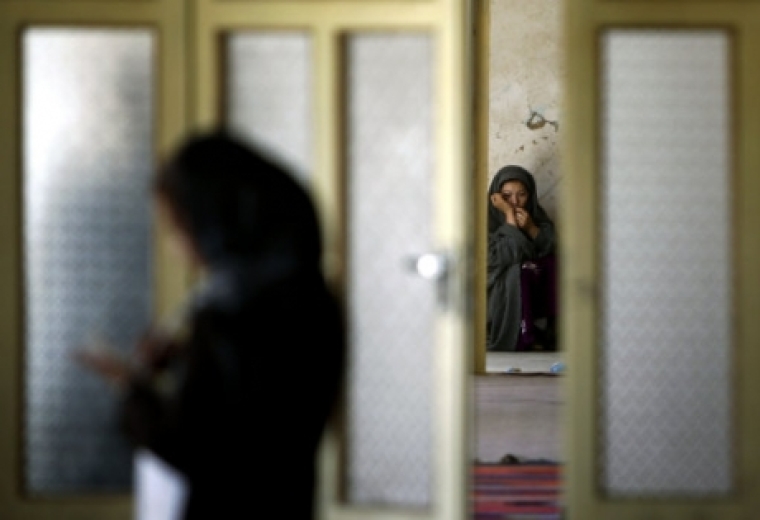
Antonella Notari, head of Women Change Makers, a group that supports women social entrepreneurs globally, said a combination of ongoing conflict, NATO airstrikes and cultural practices made Afghanistan a "very dangerous place" for women to live in.
"Women who do attempt to speak out or take on public roles that challenge ingrained gender stereotypes of what's acceptable for women to do or not, such as working as policewomen or news broadcasters, are often intimidated or killed," she said.
Experts were asked to rank countries according to their overall perceptions of danger as well as specific risks like health threats, cultural or religious factors, trafficking and sexual violence.
They ranked Afghanistan as the most dangerous country for women overall and specifically in the categories of health, non-sexual violence and lack of access to economic resources.
Particular concern was raised over the lack of access to doctors and the country's staggering maternal mortality rates, in addition to the absence generally of economic rights for women.
Elisabeth Roesch, who works on gender-based violence for the International Rescue Committee in Washington, suggested a lack of services or resources could be just as harmful to women as bombs or physical violence.
"I think you have to look at all the dangers to women, all the risks women and girls face," she said.
"If a woman can't access healthcare because her healthcare isn't prioritised, that can be a very dangerous situation as well."
Afghanistan was followed by the Democratic Republic of Congo, where rape is being used on a massive scale as a weapon of war.
Clementina Cantoni, an aid worker with ECHO, the humanitarian arm of the European Commission, said women recruited as soldiers were being forced to act as sex slaves.
"The fact that the government is corrupt and that female rights are very low on the agenda means that there is little or no recourse to justice," she said.
The most recent estimates put the number of women raped in the war-torn country each year at 400,000.
Pakistan, India and Somalia ranked third, fourth and fifth place respectively.
Cultural, tribal and religious practices are putting Pakistani women at risk, with the country's Human Rights Commission estimating around 1,000 victims of honour killings each year.
India ranked fourth because of high rates of female foeticide, infanticide and human trafficking - the government estimated that 100 million people, mostly women and girls, were trafficked in India in 2009.
In Somalia, women are at risk from high rates of maternal mortality, rape and female genital mutilation, as well as poor health and education services and limited access to economic resources.
Somalia's women's minister, Maryan Qasim, was surprised that the country was not top of the list.
She told Trustlaw, the legal news service of Thomson Reuters: "I'm completely surprised because I thought Somalia would be first on the list, not fifth."